1. Kim Kardashian
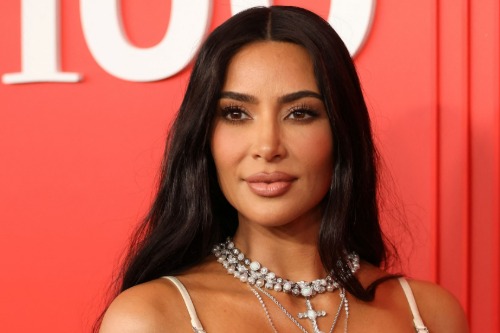
Let’s be honest—Kim Kardashian is a cultural phenomenon in the U.S., but overseas? Many people scratch their heads wondering how she rose to fame for, well… doing very little. Yes, she’s parlayed an intimate tape and a reality show into a billion-dollar empire, but to others, that feels more like a commentary on American consumerism than personal merit, Tracy McVeigh of The Guardian shares. Her 2020 attempt at becoming a prison reform advocate had some traction, but globally, folks still see her as more spectacle than substance.
Despite her business ventures in beauty and shapewear, many outside the U.S. view her fame as unearned. In parts of Europe and Asia, where celebrity often correlates with talent or accomplishment, the Kardashian empire is met with bemusement. The idea that she’s celebrated for simply being herself just doesn’t compute for a lot of people. And honestly, they kind of have a point.
2. Logan Paul
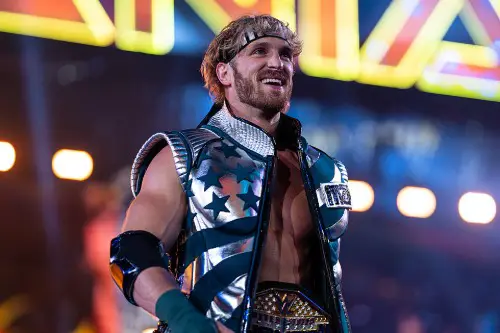
Logan Paul’s comeback story is impressive to some Americans, but international audiences haven’t forgotten the infamous 2017 “suicide forest” video, CT Jones of Rolling Stone Magazine shares. The backlash was global, but while many countries effectively blacklisted him, he doubled down and rebranded stateside as a boxer and podcaster. His WWE performances and YouTube fame are thriving, but critics abroad still see him as a cautionary tale, not a redemption arc.
What baffles people most is how quickly he rebounded—going from canceled to co-headlining WrestleMania in just a few years. Meanwhile, other countries tend to be less forgiving about public missteps, especially involving disrespect toward foreign cultures. Many international observers think he should’ve disappeared quietly. Instead, he’s getting multimillion-dollar brand deals and championship belts.
3. Gwyneth Paltrow
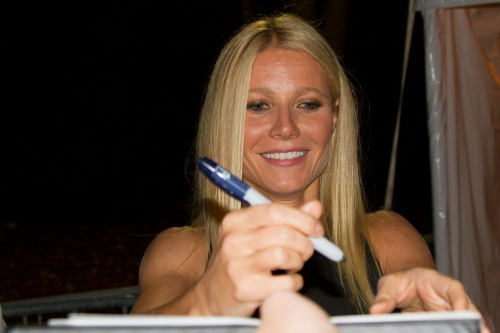
Gwyneth Paltrow is undeniably talented—she has an Oscar, after all—but in recent years, it’s her lifestyle brand, Goop, that’s kept her in the spotlight. And to put it lightly, the rest of the world isn’t buying it. Selling $75 “This Smells Like My Vagina” candles and pseudoscientific wellness cures has made her the poster child for celebrity wellness culture gone rogue, Cassie Carpenter of Daily Mail explains. In Europe especially, Goop is often seen as the height of American self-indulgence and quackery.
While she’s got loyal fans at home, international media frequently pokes fun at her brand’s outlandish products and tone-deaf messaging. She once suggested women should “consciously uncouple” from their partners—which became a global meme. Even the NHS in the UK issued warnings about some of her advice. Abroad, people wonder why Americans still give her this much clout.
4. Jimmy Fallon

Jimmy Fallon is undeniably one of America’s most recognizable late-night hosts—but his appeal doesn’t always translate internationally, Tim McCloskey of Philadelphia Magazine explains. Critics outside the U.S. often find his interviews overly sycophantic and his humor a bit toothless. His frequent giggling, celebrity impressions, and reliance on games instead of real conversation have drawn mixed reviews from audiences who prefer more substance from their late-night programming. Compared to sharper hosts like John Oliver or Graham Norton, Fallon can feel like fluff.
He’s also faced backlash for moments that haven’t aged well—like his 2000 blackface impression of Chris Rock on SNL, which resurfaced in 2020. While he apologized, many were surprised he faced little professional consequence. And during the pandemic, reports of a toxic workplace on The Tonight Show confused international fans who saw him as the happy-go-lucky host. Abroad, people often ask: why is this guy still the face of American comedy?
5. Dr. Phil
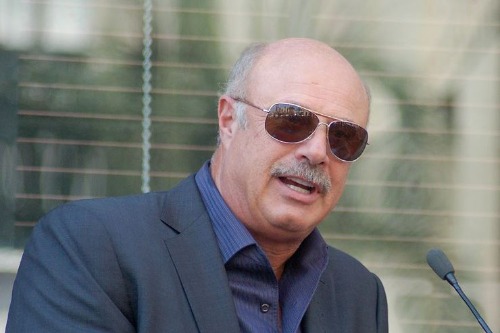
Dr. Phil isn’t technically a licensed therapist, and that alone makes a lot of international audiences uneasy. His daytime talk show, filled with confrontational family drama and viral “cash me ousside” moments, often looks more like entertainment than therapy. In countries where mental health is treated with more clinical decorum, the idea of televised interventions is borderline unethical. Many people outside the U.S. are stunned he’s still on the air.
He’s also been criticized for exploiting vulnerable guests for ratings—something that’s drawn international scrutiny. For instance, his interviews with Britney Spears’ parents and other troubled celebrities have sparked ethical debates. While his brand of “tough love” sells big in America, other countries view it as sensationalist. Some see him less as a doctor and more as a ringmaster.
6. Elon Musk

Yes, Elon Musk was born in South Africa, but Americans have fully embraced him as one of their own—and not everyone abroad gets the hype. Between his unpredictable tweets, rebranding Twitter as “X,” and making bombastic claims about Mars colonization, his antics have left many international observers confused. While he’s hailed as a visionary in the U.S., he’s often seen elsewhere as reckless or even dangerous. Critics argue that he’s more showman than scientist.
His handling of Twitter after the 2022 acquisition—especially slashing staff and reinstating controversial accounts—was widely condemned in other countries. Even Tesla’s workplace culture has been under international scrutiny. The disconnect between Musk’s American tech-hero status and his global reputation is pretty stark. To some, he represents the unchecked ego of American capitalism.
7. Paris Hilton
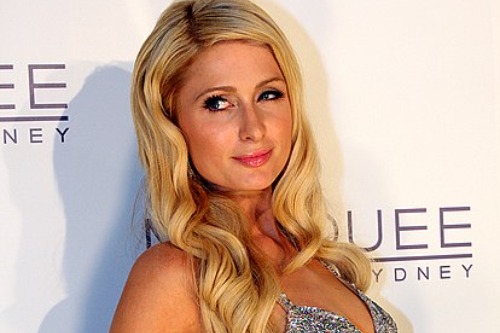
Remember Paris Hilton? The heiress-turned-DJ-turned-beauty-brand-CEO is somehow still a thing in America, and that’s a mystery to much of the world. Her original claim to fame was being rich, starring in The Simple Life, and, like Kim Kardashian, having a leaked tape. For many outside the U.S., that’s not a compelling résumé.
She’s made an effort to rebrand herself—most recently with a documentary and advocacy work for abuse survivors in boarding schools—but it hasn’t moved the needle globally. Her baby-voiced persona and over-the-top aesthetic still define her to many international viewers. While nostalgia keeps her relevant in the U.S., others see her as a relic of early-2000s excess. To them, her continued relevance is more confusing than iconic.
8. Adam Levine
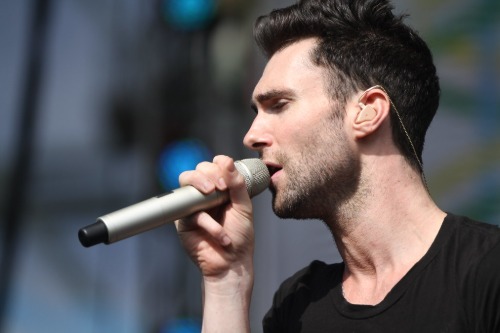
Once the charming frontman of Maroon 5 and a fan-favorite coach on The Voice, Adam Levine has taken a hit in the credibility department—especially abroad. In 2022, he was caught in a messy DM scandal where he allegedly flirted with multiple women while his wife was pregnant. The tone-deafness of the messages (“I may need to name my baby after you”) made headlines around the world. For international audiences, it reinforced the idea of American celebrity culture as shallow and self-absorbed.
Though he’s still performing and making music, many outside the U.S. are baffled that his career didn’t suffer more. He was even invited to the Super Bowl halftime show shortly after other controversies, which made critics question America’s celebrity forgiveness cycle. Some European commentators noted that in their countries, he’d likely be “taking a long break from the spotlight.” But in the U.S., he just keeps coasting on pop appeal and shirtless charm.
9. Chris Pratt
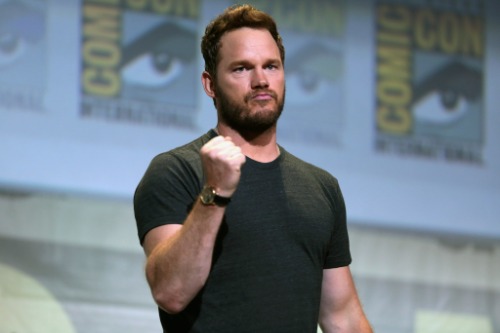
Chris Pratt was once everyone’s lovable goofball, thanks to Parks and Recreation and Guardians of the Galaxy. But his transformation into an action star—and his public affiliations with a conservative church accused of anti-LGBTQ+ views—sparked some backlash, particularly outside the U.S. International audiences tend to be less tolerant of stars who seem tied to polarizing ideologies, even implicitly. His absence from big red carpets, despite being in blockbuster franchises, hasn’t gone unnoticed either.
While Americans still enjoy his Marvel performances, many fans abroad find him hard to root for. The “Worst Chris” debate (comparing him to Chris Evans, Hemsworth, and Pine) was taken much more seriously than you’d think. Foreign critics often describe him as the least interesting or least charismatic of Hollywood’s leading men. And for some, he embodies the disconnect between American star power and actual global likability.
10. Nick Cannon
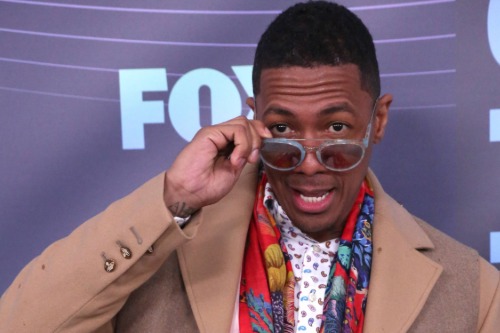
Nick Cannon has worn a lot of hats—actor, rapper, comedian, TV host, and, most famously, father of twelve (and counting). Outside the U.S., he’s not exactly a household name, but when people do hear about him, it’s usually related to his ballooning number of children with multiple women. This poly-fatherhood circus has become a running joke internationally. Critics wonder how someone with so many responsibilities and PR headaches still hosts multiple TV shows.
In 2020, he faced major backlash for antisemitic comments on his podcast, leading ViacomCBS to drop him from Wild ‘N Out for a while. He apologized and was reinstated, but the whole situation left international observers baffled by the whiplash. In countries with stricter media regulations, he’d likely have a much steeper road to recovery. But in the U.S., Cannon remains an entertainment fixture.
11. Machine Gun Kelly
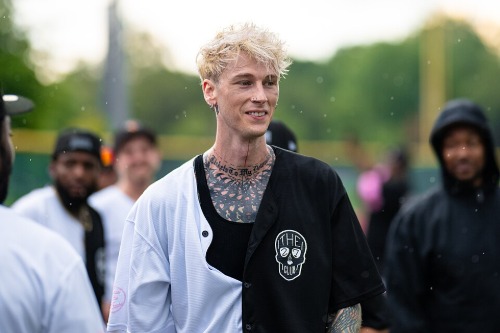
Machine Gun Kelly went from rapper to punk rocker overnight, and the genre switch didn’t exactly win him fans abroad. His public romance with Megan Fox, complete with blood-drinking metaphors and bizarre red carpet appearances, seemed more like performance art than genuine love. While he’s embraced in certain American music circles, international critics often see him as a poser. The UK press, in particular, hasn’t been kind—especially after his beef with Slipknot’s Corey Taylor.
He’s known more for his aesthetic than his music across much of Europe and Australia. His 2020 album Tickets to My Downfall did surprisingly well commercially, but many overseas reviewers panned it for being derivative. There’s a sense that his celebrity outweighs his actual artistry. To outsiders, he feels like a parody of modern American fame: loud, flashy, and overexposed.
12. Tucker Carlson
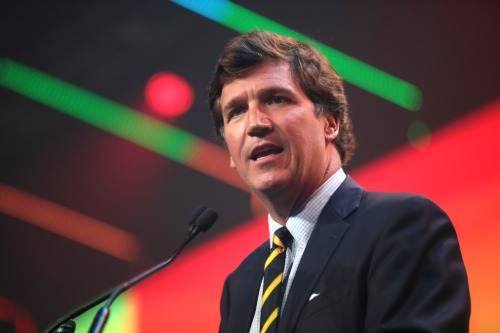
Tucker Carlson is a polarizing figure in the U.S., but in most other countries, he’s downright alarming. His blend of conservative commentary and conspiracy theory flirtation has made him a controversial mainstay on American screens. But internationally, where media standards tend to discourage overt political sensationalism, his style is seen as dangerous. When he was fired from Fox News in 2023 and launched his own platform, non-U.S. audiences wondered how he still had influence.
European media watchdogs and human rights groups have regularly called out his rhetoric on immigration, gender identity, and race. Even Canada, America’s neighbor and frequent cultural twin, finds his platform troubling. The fact that millions still tune in baffles people who view his broadcasts as more divisive than informative. To them, his continued popularity says more about American polarization than journalistic merit.
13. Jake Paul
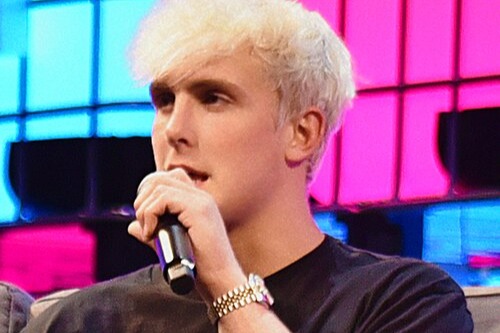
Much like his brother Logan, Jake Paul has found ways to stay in the spotlight—mostly by being loud and outrageous. He started on Vine and YouTube, but now fancies himself a professional boxer, albeit with a heavily curated list of opponents. International boxing communities are not impressed; many see him as undermining the sport’s integrity for clout. His antics, including trash-talking fighters and staging ridiculous promo stunts, have made him a global eye-roll.
He’s also been involved in multiple controversies, including being charged with trespassing during the 2020 George Floyd protests and being accused of scamming fans through questionable crypto projects. While some Americans admire his hustle, overseas critics see little more than a well-funded instigator. His career seems built on provocation over talent. And outside the U.S., that’s not something people are eager to cheer for.
14. Candace Owens
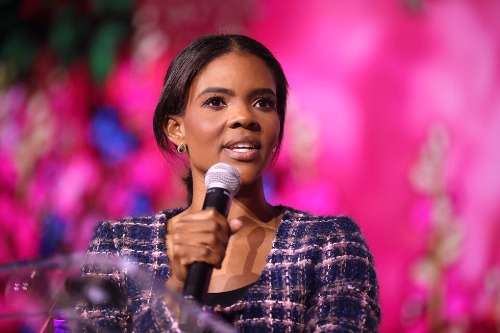
Candace Owens has carved out a niche as a conservative commentator, but globally, her brand of political punditry often reads as extreme. She’s been praised by some in the U.S. for her unapologetic views, but elsewhere, her positions on race, feminism, and LGBTQ+ rights are met with disbelief. Her 2023 documentary attacking Black Lives Matter was widely criticized outside the U.S. for pushing conspiracy theories without sufficient evidence. To many international observers, she’s seen less as a thinker and more as a provocateur.
She often trends on social media for inflammatory takes that many other countries consider out of bounds for mainstream discourse. In the U.K., Australia, and much of Europe, her popularity is viewed as a symptom of the broader culture war happening in the States. Her influence baffles those who expect commentators to ground arguments in facts rather than clickbait. Yet in America, her voice still gets plenty of airtime and podcast downloads.


